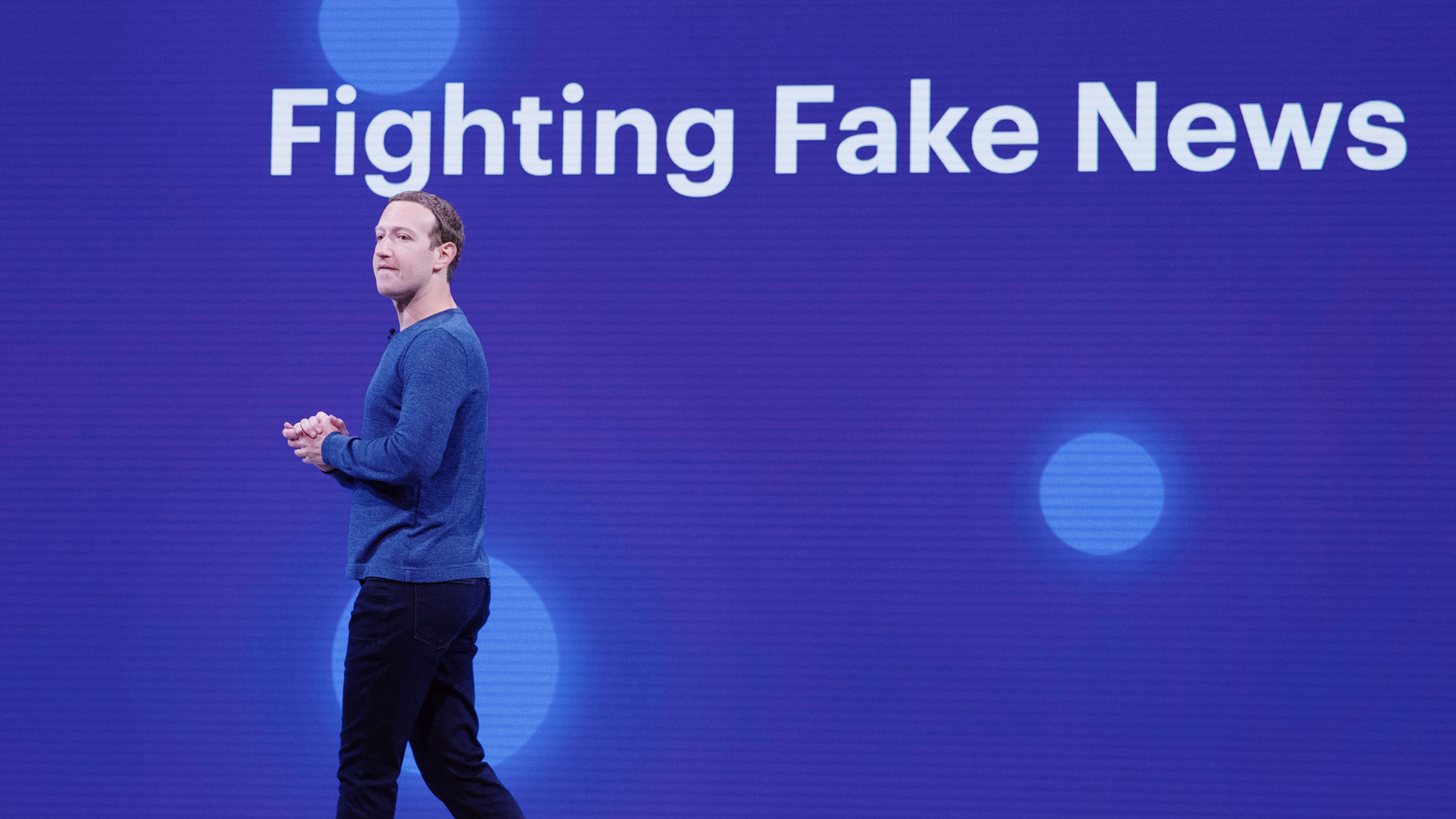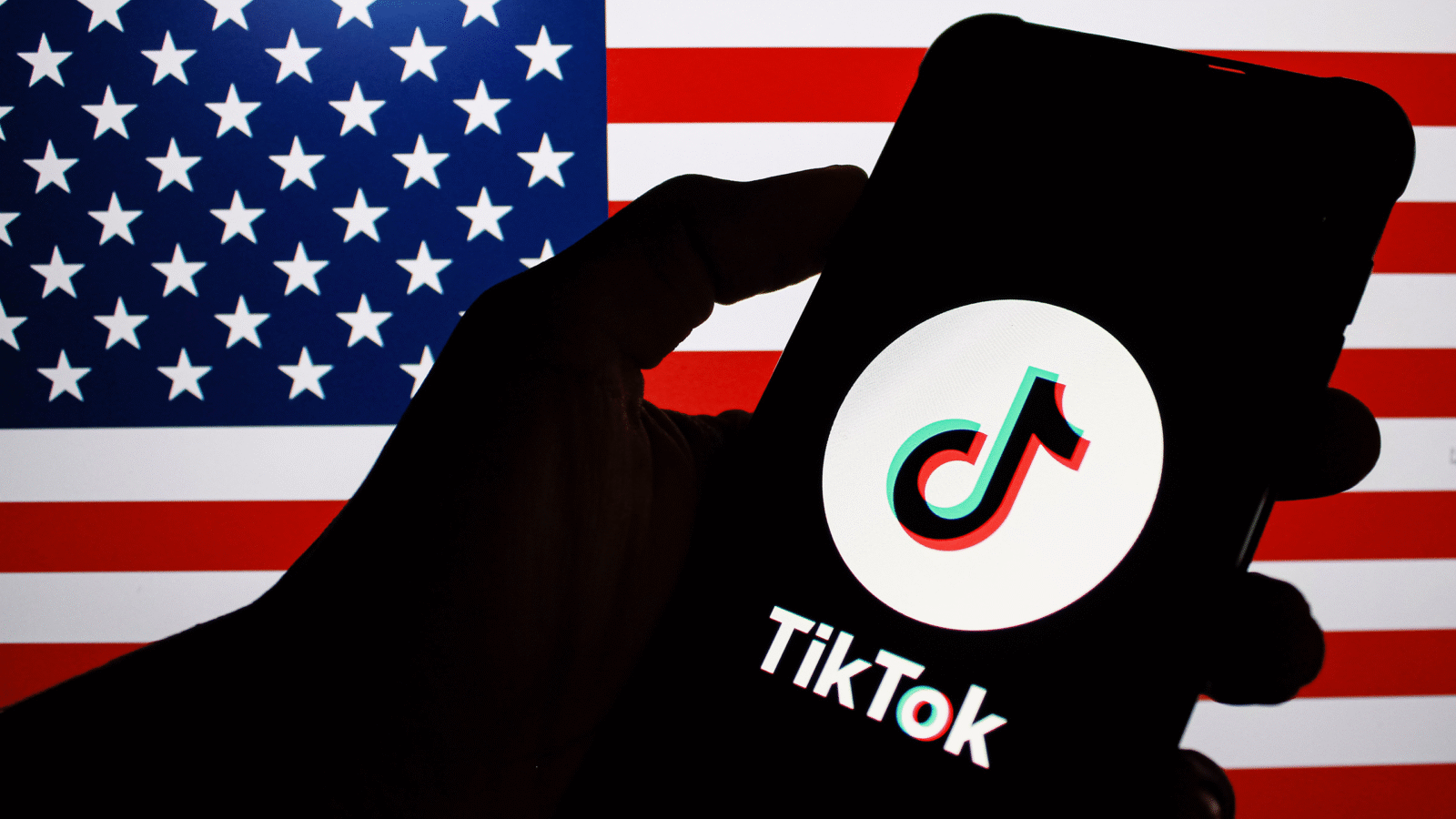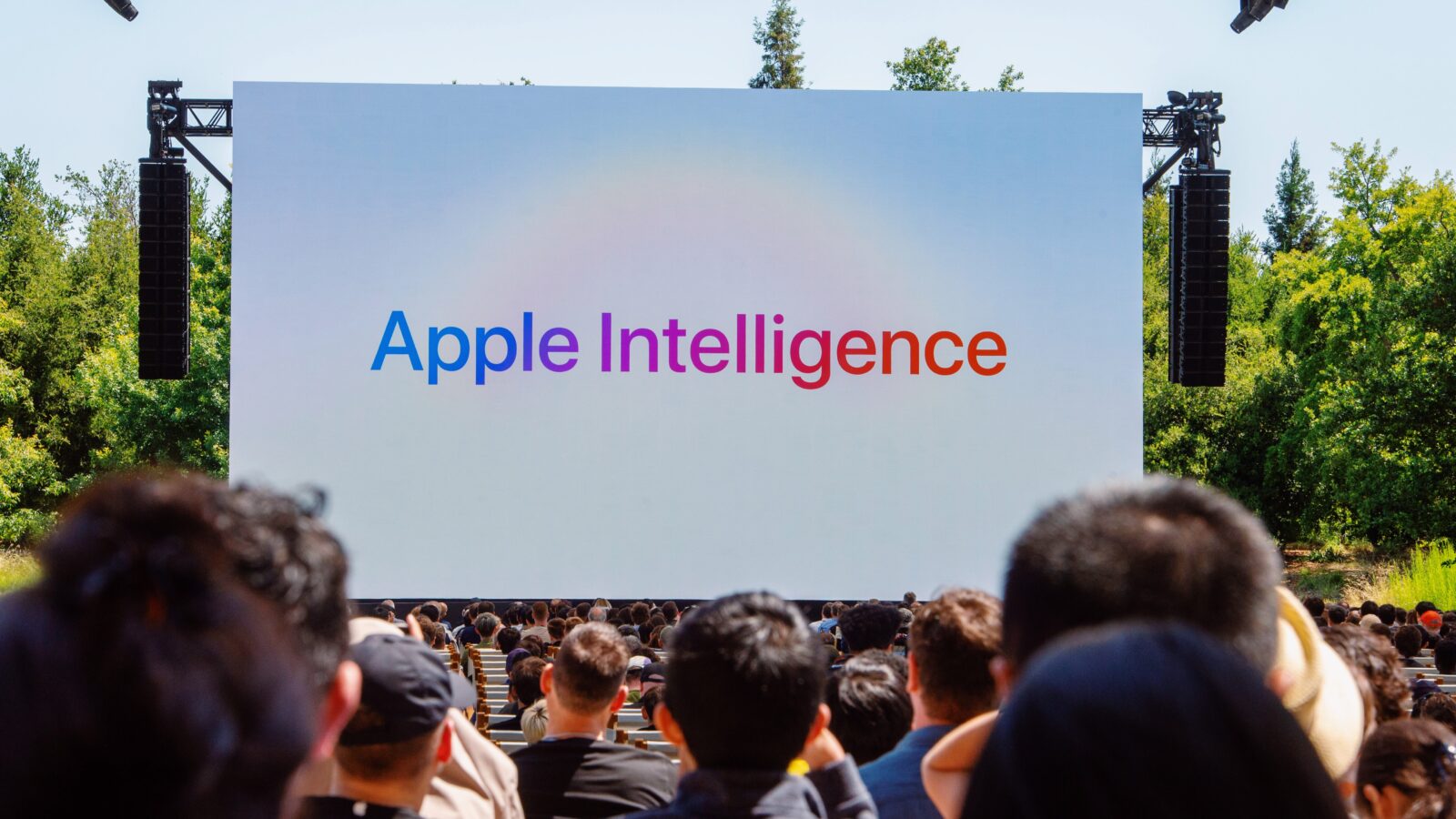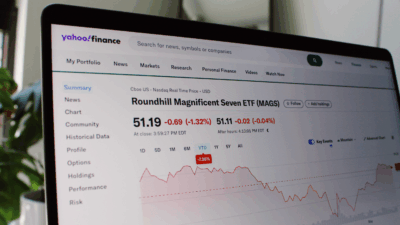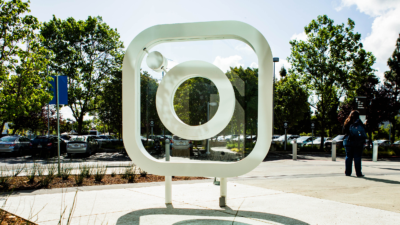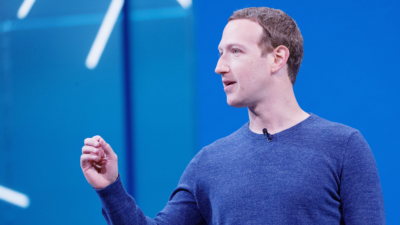Meta is Truly Sick of News
The social media platform’s referrals to news media sites has been steadily dropping.
Sign up for smart news, insights, and analysis on the biggest financial stories of the day.
No news is bad news for a news media that depended on Meta for clicks.
Once upon a time, sharing news articles and discussing current affairs — sometimes rather heatedly with adjacent relatives you forgot you’d friended — was a staple experience on Facebook. However, a new analysis commissioned by CNBC shows just how done Meta is with news in general — a grim reality for publishers who got hooked on website traffic referred to them by incendiary articles popping up on people’s walls.
Have I Not Got News For You
There has long been a tense relationship between publishers and social media platforms. Once publishers realized that social media CEOs could decimate their web traffic with a slight tweak of their platforms’ algorithms, the magic really went out of the relationship. Some publishers and even legislators have tried to force platforms to pay for news content. Meta’s response has largely been: Who needs you anyway?
Now it looks like they really mean it. Data compiled for CNBC by web traffic analytics company Chartbeat shows that referrals to news sites from Facebook are continuing to plummet:
- Facebook accounted for 33% of all traffic sent to news sites from social media platforms in December 2023, down from 50% in December 2022, Chartbeat found. For overall referred traffic, including search engines like Google, Facebook’s chunk halved to 6% from 12% over the same period.
- Separate data from analysis firm SimilarWeb showed that for individual publishers, the drops have been precipitous. As of November 2023, The Daily Mail got 2.7% of its traffic from Facebook, down from 6.5% over the previous three years.
Given Meta’s stock has recently experienced a robust rebound, closing on Friday at its first record high since 2021, it looks like social media is decidedly winning the breakup with the news industry. With Meta pitching itself headfirst onto the generative AI hype train alongside other Silicon Valley giants, its relationship with spurned publishers promises to get even more fractious.
Big Year: Meta’s wholesale retreat from news comes ahead of what promises to be quite an eventful 2024. This year, 49% of the global population will get to vote in a national election — meaning that by sheer potential votership numbers it’s the biggest election year in world history. It’s also the first big election cycle to be fully exposed to the newfound accessibility of generative AI. So buckle up, it’s going to be a bumpy ride.
